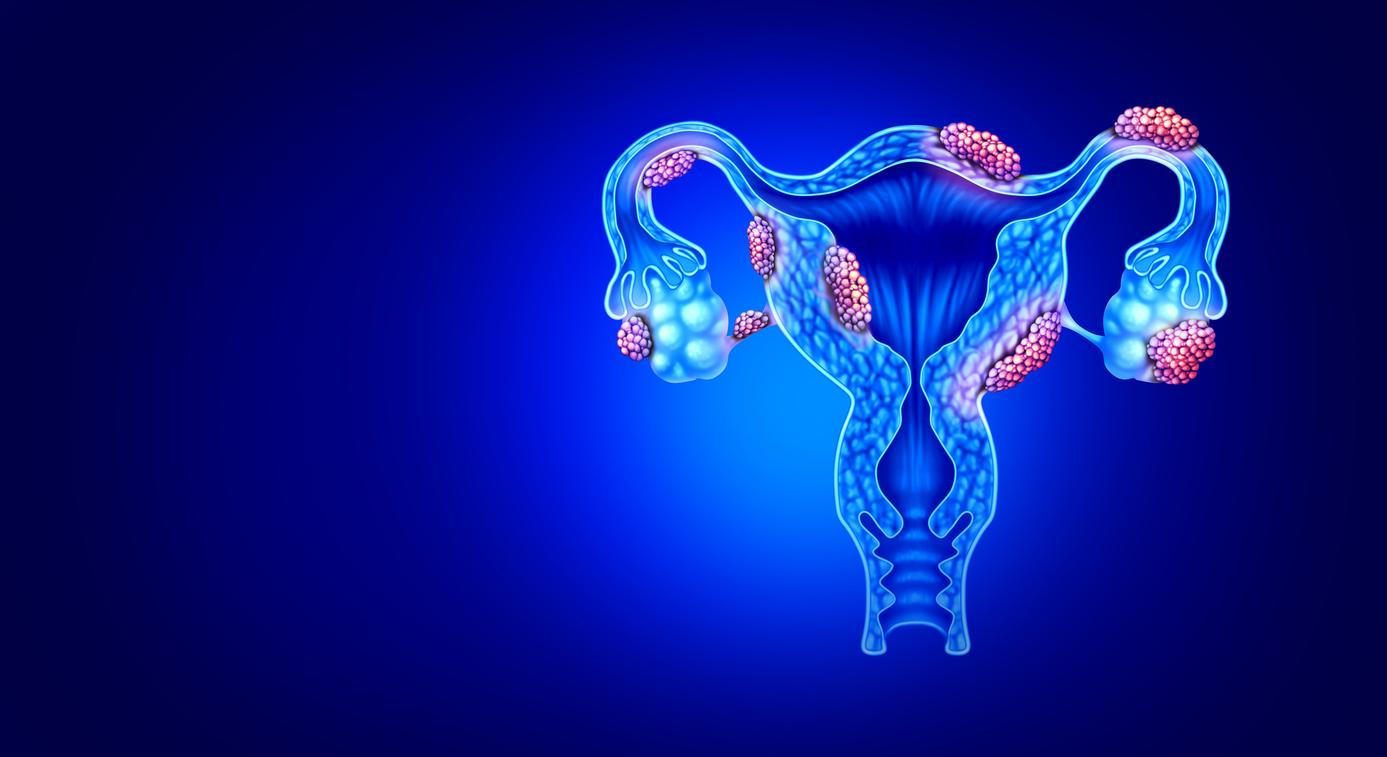For people with chronic migraines, the solution to pain may be surgery. A new study reveals 85% of patients who have undergone functional nasal surgery see at least a partial improvement in their headaches.

Painful and debilitating, migraines affect 7 to 8 million people in France, i.e. approximately 12% of the adult population and 5 to 10% of children. Often chronic, they can have sometimes significant repercussions on the socio-economic life of the people who suffer from them, in particular because they make any activity painful and often force them to lie down in the dark in the hope that the pain will disappear. .
For many patients, migraines have become a fatality, especially since the drugs that exist to relieve them prove to be more or less effective depending on the case. The solution to their chronic pain may lie not in drug treatments, but in surgery.
This is revealed a new study from the University of Wisconsin published in the December issue of Plastic and Reconstructive Surgery, the official medical journal of the American Society of Plastic Surgeons. According to its authors, functional rhinoplasty would effectively relieve migraines.
1 out of 2 operated patients no longer have chronic migraine
Unlike aesthetic rhinoplasty, functional nasal surgery does not have an aesthetic vocation by modifying the appearance of the nose. It acts, as its name suggests, on the functions of the nose when one encounters a respiratory difficulty such as nasal obstruction. This surgery targets the “contact points” of the nose and sinuses, believed to serve as trigger points for chronic headaches.
To verify this, the researchers conducted a systematic review of 39 studies involving 1,577 patients who underwent functional nasal surgery for the treatment of headaches due to mucosal contact points. The most common procedures were surgery to treat a deviated septum or excess sinus tissue. About half of the studies included endoscopic sinus surgery (ESS), often performed in patients with recurrent sinus infections.
The results they highlighted show the effectiveness of functional nasal surgery in reducing or eliminating the symptoms of chronic migraine. Thus, 48% of patients reported no longer having headaches after surgery, while 37% noted a marked improvement in the intensity or frequency of headaches. Only 15% of patients said they did not feel any change.
A decrease in the frequency and intensity of headaches
Functional nasal surgery seems to reduce not only the intensity of migraines, but also their frequency, dropping on average from 22 to 6 days per month.
For the authors of the study, this work is the first to demonstrate that “the contact points of the nasal mucosa can constitute a viable surgical target to help alleviate headaches in correctly selected patients”. Good responses to nasal surgery further suggest “an important relationship between intranasal anatomy and headache feedback loops,” they write.
“Functional nasal surgery is a viable option for improving headache symptoms in well-selected patients,” Dr. Ahmed Afifi and colleagues conclude. However, there is no question of operating on all patients suffering from chronic migraines: according to them, it is necessary to carry out well-controlled randomized trials, including rigorous selection criteria to identify the patients most likely to benefit from this surgical approach to the treatment of the disease. chronic headache.

.

















